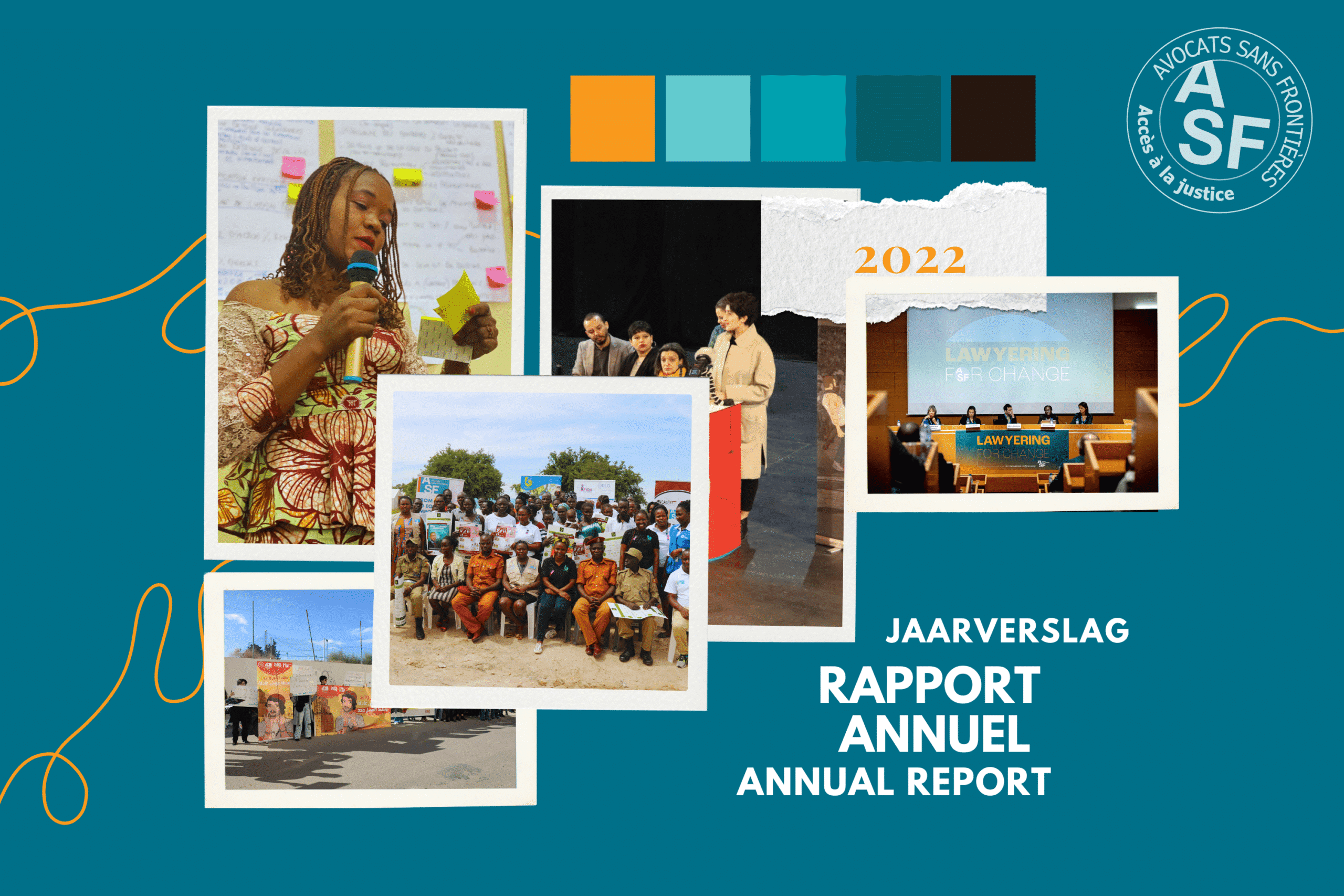Category: Sexual violence
-
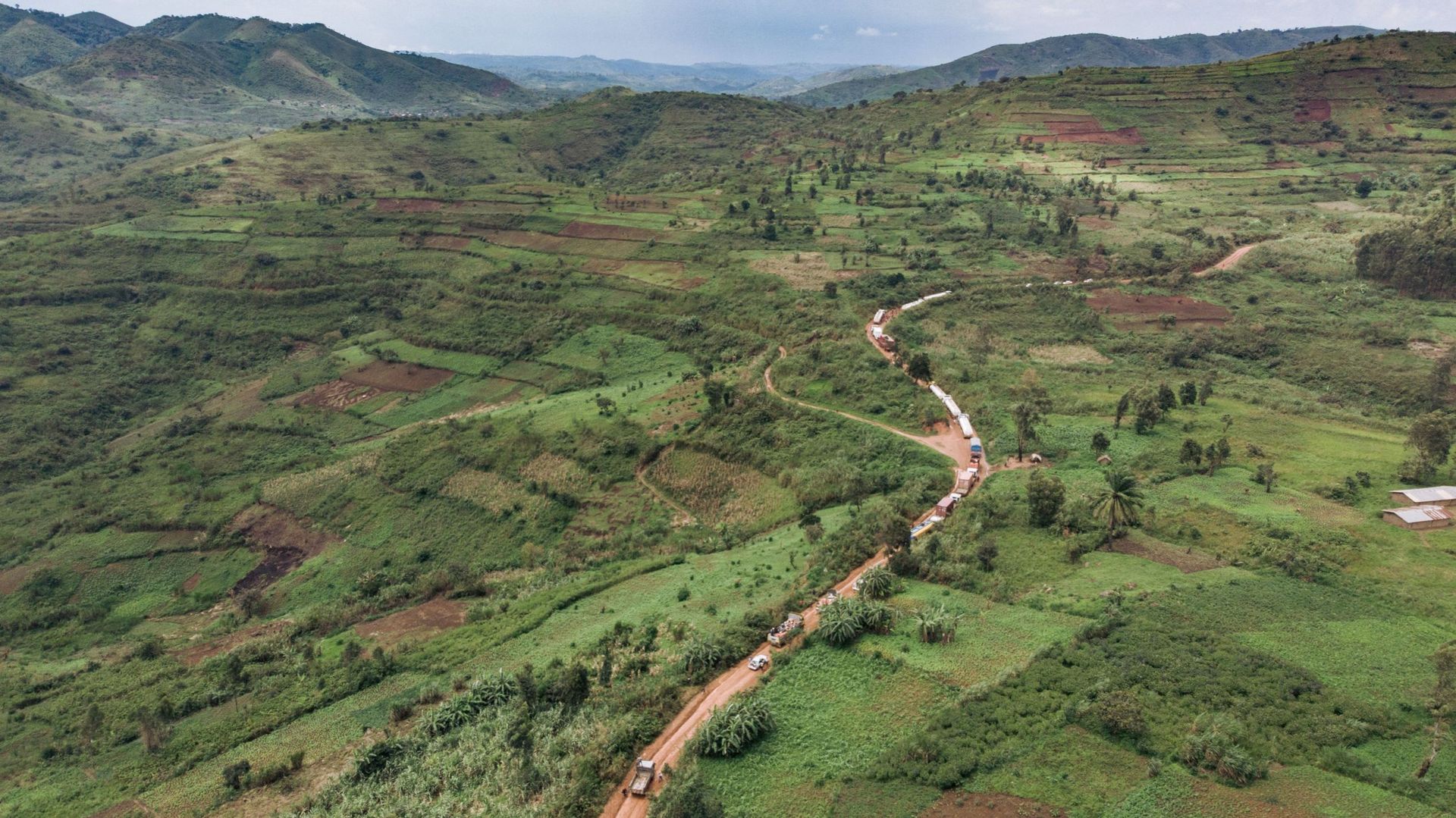
Ituri: Impact of the state of siege on criminal justice
En mai 2021, l’État congolais a décrété un régime exceptionnel d’état de siège dans la province de l’Ituri pour tenter de mettre fin à plus de trois décennies de violence dans la région. L’ituri est le théâtre de guerres, d’insurrections et de violents conflits armés sur fond de crise de légitimité politique, de crise identitaire…
-
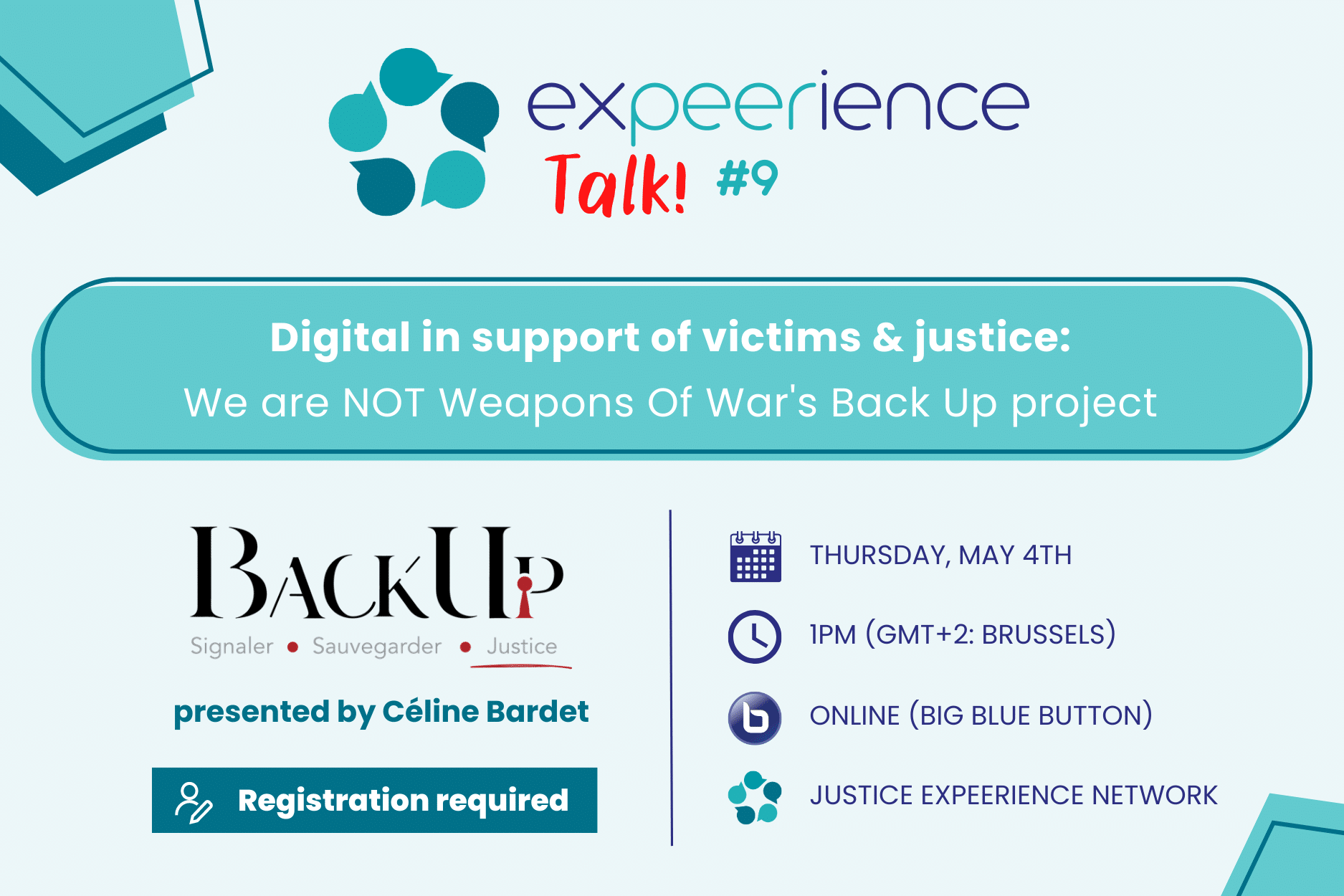
ExPEERience Talk #9 – Using digital to support victims and promote justice: the Back-up project of We are NOT Weapons of War
For this 9th ExPEERience Talk, we are delighted to welcome Céline Bardet, founder of the organisation We are NOT Weapons of War (WWOW) whose mandate is to fight sexual violence in conflicts, in particular against rape as a weapon of war. She will talk about the importance, in the face of these issues, of support…
-
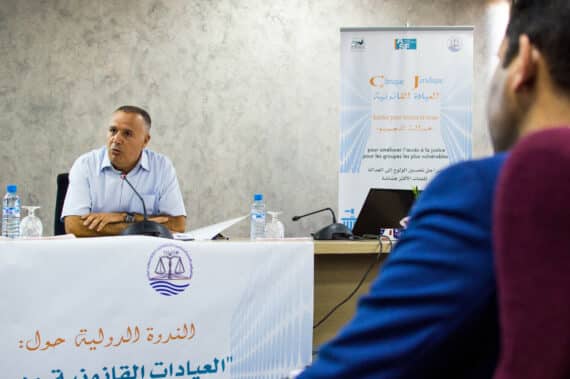
Legal clinics to support access to justice during pandemic
Throughout the world, the pandemic has pushed people further away from access to justice. In Morocco, ASF has been relying for several years on legal clinics, set up in universities, to promote access to justice, particularly for people in vulnerable situations. Under the supervision of teachers and legal professionals, students provide legal services to the…
-

Tackling gender based violence in Myanmar: a pro bono lawyer’s perspective
Gender based violence is a social and economic problem in Myanmar, for which the national criminal justice system requires new measures to respond effectively. In collaboration with ActionAid International, ASF provides technical expertise and guidance to improve access to justice for persons who are at risk and/or have suffered GBV. Lionel Blackman, member of ASF’s…
-

ASF in DR Congo: 15 years of commitment
ASF has come a long way since it started up its activities in Congo 15 years ago. Its aim, from the very beginning, has been to ensure that people become more aware of their rights and can enforce them. We opened our first office in Kinshasa on 12 March 2002. Since then, we’ve developed a…
-
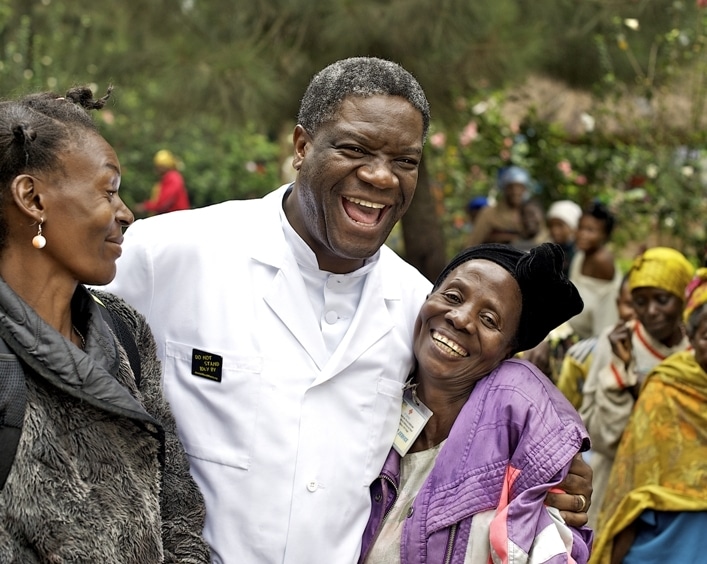
“The man who mends women”
On Thursday April 30th, a ‘Justice and impunity’ evening will take place in Brussels. The public will have the opportunity to watch the film ‘L’homme qui répare les femmes’ (‘the man who mends women’). This documentary by filmmaker Thierry Michel recounts the incessant fight of Doctor Mukwege against sexual violence which affects thousands of women…

